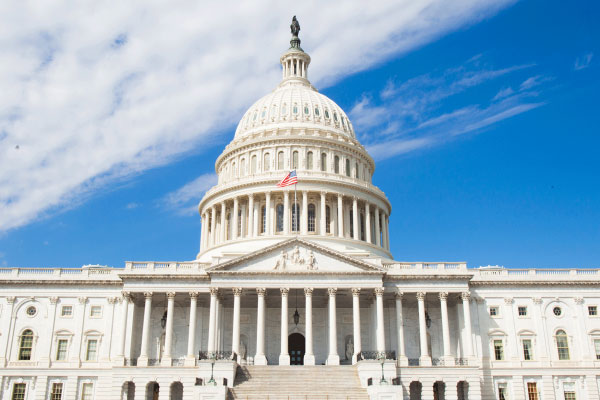

NHC Policy Update on Medicaid Work Requirements
By Maddie Mason, Senior Associate, Policy
Proposals around Medicaid Work Requirements
On Friday, Feb. 12, the Department of Health and Human Services (HHS) sent a letter to the state Medicaid Directors on waivers that would require Medicaid recipients to work. In the letter, they announced the withdraw of:
- Medicaid work requirements in the states that have them; and
- The letter from the Trump Administration that created the Medicaid work requirement policy.
Additionally, on Monday, Feb. 22, the Biden Administration asked the Supreme Court of the United States (SCOTUS) to cancel its March hearing on Medicaid work requirements now that the federal government has begun unwinding the policy.
Background on Medicaid Work Requirements
The Trump Administration encouraged the states to implement work requirements for Medicaid enrollees. While work requirements would vary amongst the states, it would generally require Medicaid enrollees to work a minimum number of hours per week or month, to receive coverage. These waivers often exempt some specific populations from meeting these work requirements. It has been shown that the implementation of work requirements has significantly decreased the number of people enrolled in Medicaid and therefore the number of people with health coverage.
Currently, there are six states that have approved Medicaid Work Requirements, although not all have been implemented, including: Arizona, Indiana, Ohio, South Carolina, Utah, and Wisconsin. An additional ten states have pending work requirement waivers, including: Alabama, Georgia, Idaho, Mississippi, Nebraska, Oklahoma, South Dakota, Tennessee, and Virginia. And, the Federal Court has set aside the following four states work requirement waivers: Arkansas, Kentucky, Michigan, and New Hampshire.


